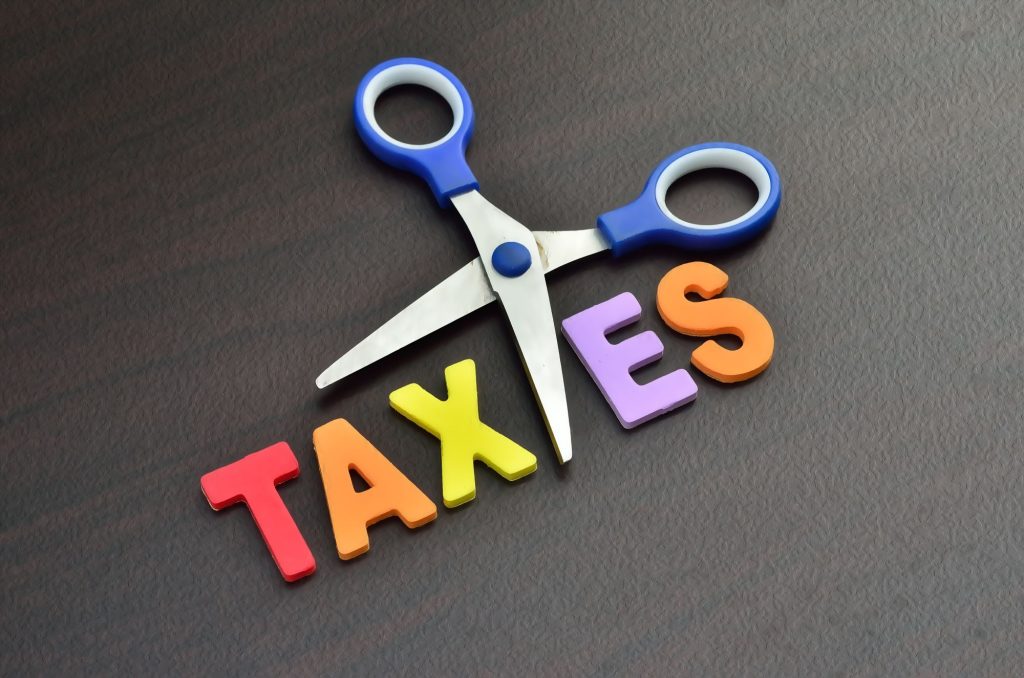6 Essential Last-Minute Tax Filing Tips for Seniors and Retirees

When it comes to taxes, it’s always better to be diligent and prepared. However, life happens, and sometimes tax deadlines seem to sneak up faster than we’d like. If you’re a senior or retiree who’s realizing the impending tax deadline is just around the corner, don’t panic. Here’s a quick guide with some last-minute advice to successfully file your taxes (and potentially save money!).
1. Double-Check Your Filing Status

Filing status plays a significant role in determining how much you owe (or the refund due) on your taxes. Have you recently changed your marital status? Perhaps your spouse passed away? Whether you’re a single filer, head of household, or filing jointly, make sure it reflects your current life situation. Your status could open or close the door on several tax benefits, including Senior Citizens’ Property Tax Exemption or the Child Tax Credit if you have custody of a grandchild.
This tax season’s IRS tax filing requirement thresholds:
If your 2023 gross income – which includes all taxable income, not counting your Social Security benefits, unless you are married and filing separately – was below the threshold for your filing status and age, you probably won’t have to file. But if it’s over, you will.
- Single: $13,850 ($15,700 if you’re 65 or older by Jan. 1, 2023).
- Married filing jointly: $27,700 ($29,200 if you or your spouse are 65 or older; or $30,700 if you’re both over 65).
- Married filing separately: $5 at any age.
- Head of household: $20,800 ($22,650 if 65 or older).
- Qualifying surviving spouse: $27,700 ($29,200 if 65 or older).
To get a detailed breakdown of federal filing requirements, along with information on taxable and nontaxable income, go here: 1040 and 1040-SR Instructions for Tax Year 2023.
2. Claiming Social Security Benefits

If you’re a senior who receives Social Security benefits, you might need to include a portion of these benefits in your taxable income. This is a common area of confusion, so be sure to verify if your specific situation necessitates this step. About 35% of Social Security recipients have total incomes high enough to trigger federal income tax on their benefits.
3. Don’t Forget About Retirement Account Contributions

Contributions to retirement accounts can often be tax-deductible. Ensure you’ve maxed out any potential contributions for the previous tax year before filing. This is an often-overlooked deduction that can help to reduce tax liability, especially for those still working part-time during retirement.
4. Consider the Standard Deduction vs. Itemizing

Seniors over 65 are often better off using the standard deduction instead of itemizing, as it can simplify and expedite the filing process. If you file as single, you’ll automatically qualify for an additional standard deduction of $1,850. Married couples can also benefit. Here’s the breakdown:
- If one spouse is 65 or older: You can increase your standard deduction by $1,500.
- If both spouses are 65 or older: You can enjoy an even bigger boost of $3,700 to your standard deduction.
A larger standard deduction means a lower taxable income, which translates to more money you get to keep. However, if you have significant deductible expenses, it’s worth calculating both methods (standard and itemized) to see which yields the most benefit.
5. Medical Expenses and Deductions

Seniors typically have larger medical expenses than the average taxpayer. The good news is that qualifying medical expenses that exceed 7.5% of your adjusted gross income (AGI) can be claimed as itemized deductions. Be meticulous in keeping track of what those health-related costs involve; they can cover everything from co-pays and deductibles to prescription medications and long-term care services.
Read Next: Tax Breaks for Caregivers of Elderly Parents
6. Be Aware of Tax Scams

Phishing scams are rampant during tax season, and seniors are often targeted. Ensure any information you submit electronically is being sent to the true IRS or tax preparer. Protect your Social Security number, and only use secure networks and devices to file your taxes.
“When Will I Get My Return?”

For paper filings, the waiting time can be significant, but if you file electronically, you can receive your federal return in as little as 21 days. Opting for direct deposit into a bank account can further expedite the process.
Popular Articles About Tax
Originally published April 11, 2024








